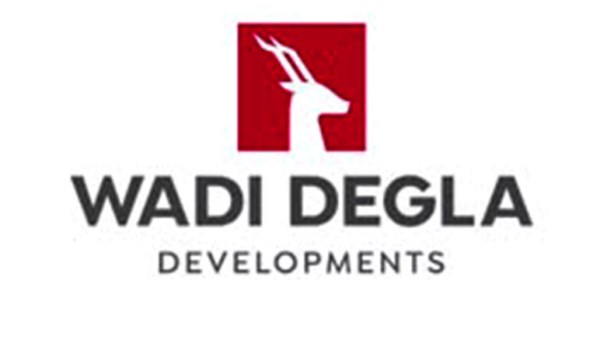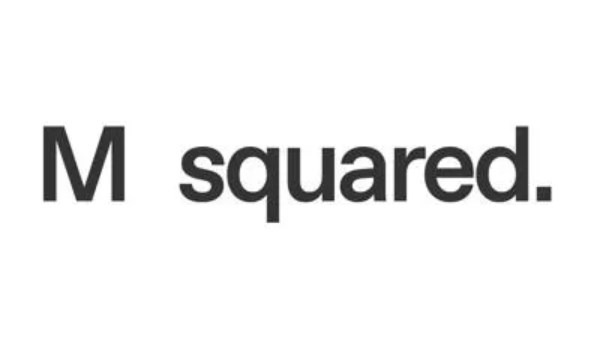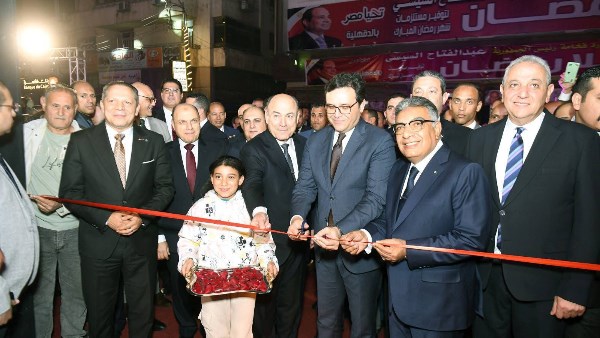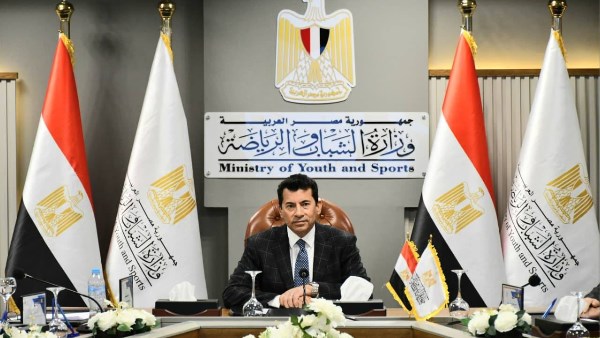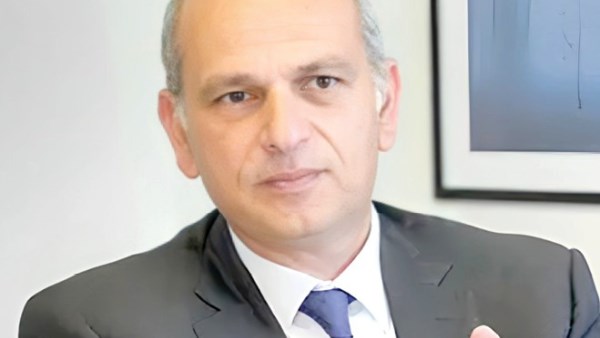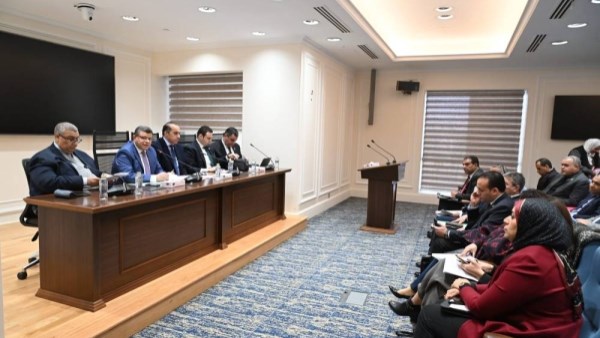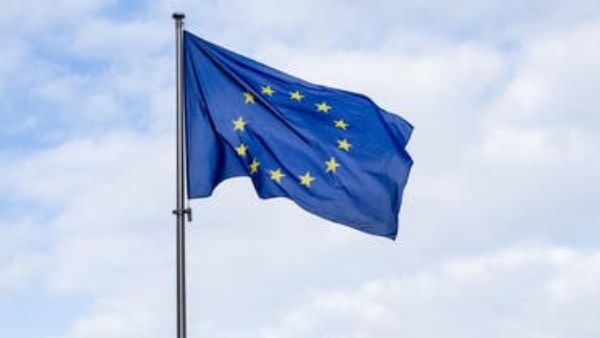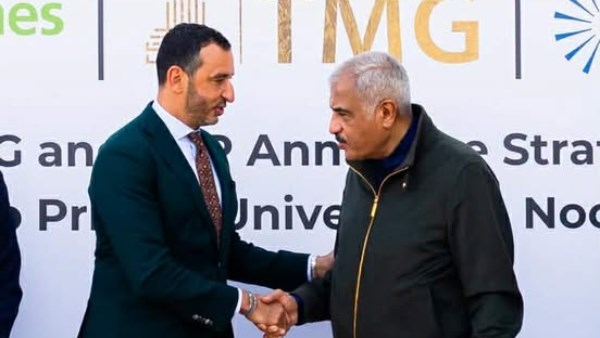
ME to capitalize on global appetite to invest in real estate, Savills

The Middle East markets have a huge opportunity to capitalize on a growing appetite to invest in global real estate markets with over USD5.8 trillion worth of ME’s projects in the planning or in the construction phase, according to report on the occasion of the launch of Savills’ global Impacts study in the Middle East.
On a global level, over USD 225 Bn of institutional capital, has been raised in 2019 to invest in global real estate markets, with most of these funds having a preference to acquire assets across Asia, Europe and North America, According to Savills.
With the Middle East, especially Saudi Arabia, UAE and Egypt being expected to witness strong growth in construction, the use of modern construction techniques and adoption of smart building technologies can open a new field of exciting opportunities for improving building performance and also on enhancing customer experience.
Real estate can make a huge different to tackle some of the issues related to climate change. For instance, the building and construction sector accounted for 39% of carbon emissions in 2018. Sectors emissions increased by 2% from 2017 to 2018 globally. Global building stock is also set to double by 2050, as more people are forecast to be living in cities.
Another key trend in this area is ‘vertical farming’, also known as controlled environment agriculture (CEA), which currently tops the popularity chart of agri-tech concepts emerging in the region and especially in Dubai. Given the UAE imports close to 85% of all its food, this technology would allow the country to become less dependent on imports and lead the way in food security and self-sufficiency. Real estate is likely to be among the biggest
beneficiary of this growing trend. Savills Dubai Industrial Report 2019 highlighted that the emergence of new concepts such as ‘cloud kitchens’ and ‘vertical farming’ has had a positive impact on warehousing demand in Dubai.
Trade wars and risks
While the world is engaged in an ongoing discussion about the ramifications of the trade war between Washington and Beijing, the economies of the Middle East are witnessing increasing investments from China — a move that may have long-term implications for the economic and political dynamics of the region.
Between 2014-2017, the Middle East’s total belt and road (BRI) funding was USD 71.1 billion, with Egypt being the largest recipient. In Oman, China is key to the country’s plans to develop its industrial zones and has pledged to spend $10.7 billion by 2022 in Oman’s Duqm special economic zone.
China has much of what the region needs, whether through its private sector in technology-related fields, state-owned conglomerates in infrastructure and construction, or state-sponsored financing vehicles. We can only expect this trend of strengthening China-MENA relations to continue, especially as the BRI expands further in the region.
Transports and innovations
Given that governments in MENA made technology and smart systems a key component of their investment plans, vehicle automation, high-speed Hyperloop capsule delivery and airborne drone transport are poised to disrupt the sector and may soon become the new normal. Transport is the second-largest planned projects sector in the Middle East with KSA and the UAE leading the way. As technology begins to transform how goods are distributed
and stored, real estate decisions may change. Developments in the Middle East have to future proof themselves as the region will continue to witness increased investments into large scale infrastructure projects.
Covid-19 Implications
Most forecasters agree that there will be a global recession deeper than the global financial crisis (GFC) and many expect it to be the deepest since the Second World War. The debate is around the shape of the recovery. Will there be a V-shaped rebound? Or is a U, L or W shape more likely?
There’s even hearing discussions about ‘a Nike swoosh-shaped’ recovery. As countries continue to come out of their strict lockdowns but social distancing is still encouraged, the long-term impact of Covid-19 is yet to be seen. Many believe the world will emerge as a different place.





-1120252475029447.jpg)



